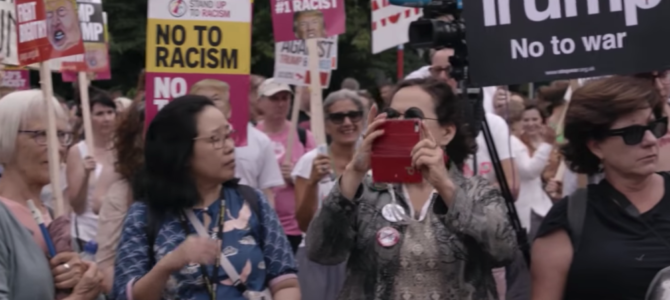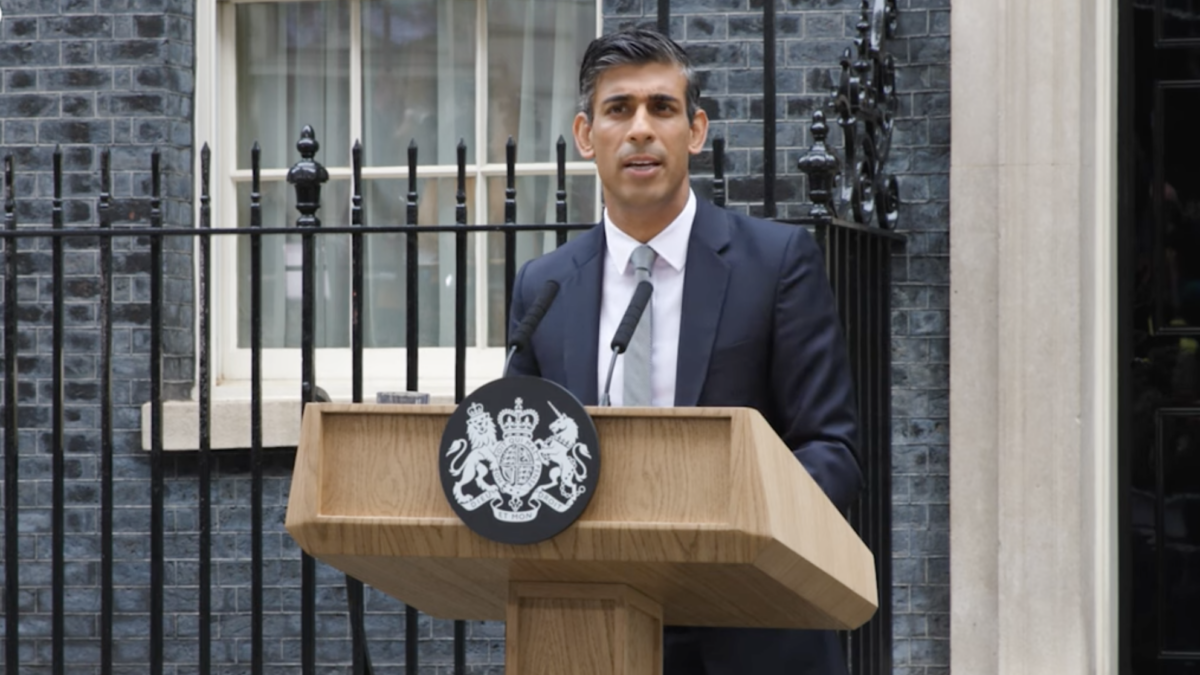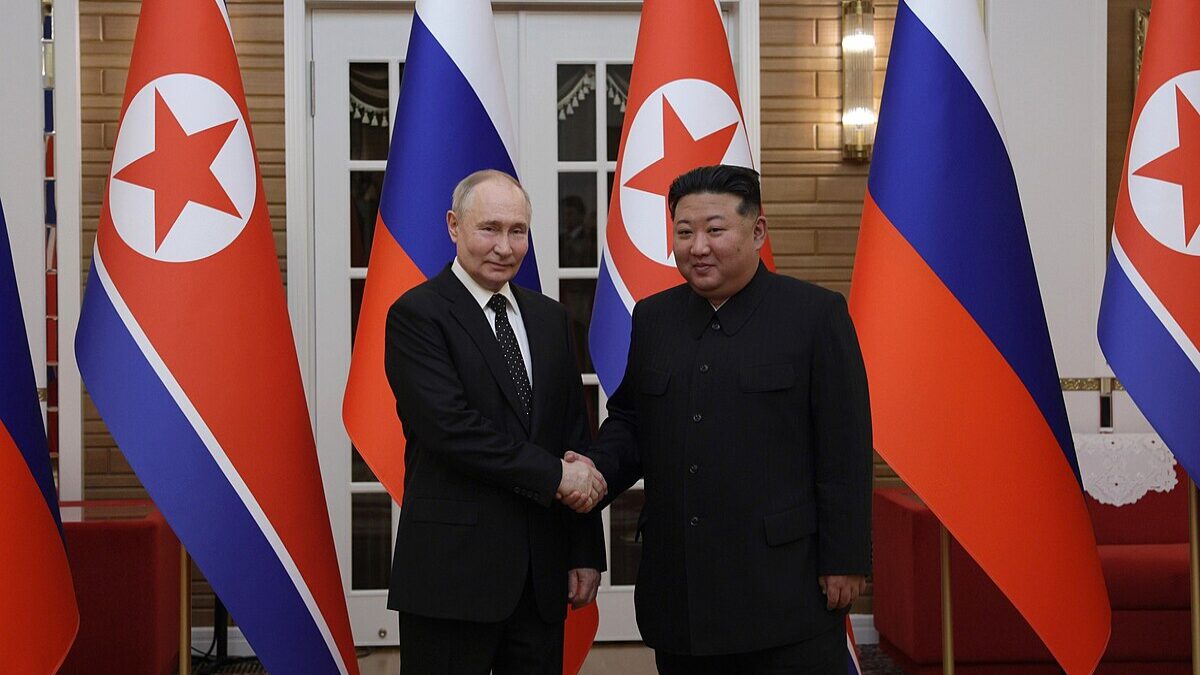Thanks to the exaggerated outrage of the mainstream media and the attention-seeking protests of London leftists, a narrative seems to have set in that the vast majority of British people oppose this week’s visit of President Trump. As a Brit myself, however, I am delighted to confirm this lazy slur could not be further from the truth.
In reality, the vast majority of British conservatives (and a good chunk of floating voters too) are coming to admire Trump. His unmistakable approach to politics – straight-talking, honest and completely fearless – is increasingly viewed with envy by British voters tired of backsliding career politicians. Brits look over the Atlantic and see a leader who actually puts his money where his mouth is – and gets results for it too.
To fully understand Trump’s popularity, you have to look at the current state of British politics. Over two years since the country voted to leave the European Union, we have seen virtually zero progress at delivering on the result of the referendum. Rather than battling with Brussels to return our sovereignty, end uncontrolled immigration, and give a better deal to British business, Theresa May’s government has been paralyzed by infighting, trying desperately to scrap together compromises which keep the establishment forces on side. Earlier this year, a British political journalist revealed that Trump often begins his calls with the Prime Minister by asking “are you out yet?” – and you can see why.
It’s no surprise that Brits are increasingly frustrated with the government’s mishandling of Brexit. What’s more interesting is that when you ask them what kind of leader they want to get us out of this mess, an increasing number are saying the same thing: someone like Trump. Brexit supporters observe how he deals with similar rubbish deals (the Iranian nuclear fiasco, for one) and they realize how much more can be achieved when leaders actually show some muscle.
Then there’s the fact that Trump remains the only international leader to publicly suggest offering Britain a new trade deal – something which is wildly popular with mainstream voters. While Brexit’s critics may paint the vote as insular and backwards, they forget that our biggest motivation for leaving Europe was to strike better trade deals elsewhere. As a businessman, Trump respects this. He has made loud and clear overtures in support of a big deal (unlike President Obama, who famously warned the Brits they would be “at the back of the queue” if they left the EU).
Of course, as with at home in America, Trump is consistently opposed by the liberal media here, who publish hyperbolic attacks on every decision taken by the administration (The Guardian newspaper – once a serious left-wing broadsheet – has even thrown its support behind a puerile campaign to fly a large balloon over London mocking the President as an overgrown baby). But like in America, the old elitist media does not represent public opinion and is increasingly losing ground to newer, more authentic voices.
Former UKIP leader Nigel Farage, for example, now hosts one of London’s most popular radio shows. Tommy Robinson, a critic of radical Islam, amassed hundreds of thousands of followers with his campaigning videos, before being imprisoned for disrupting the trial of child sex offenders. James Delingpole, a former columnist for one of the UK’s most prestigious and patrician newspapers, now hosts his own acclaimed podcast, in which he interviews radical conservative figures from across the world.
As for the protests themselves, they are best ignored. Just two weeks ago, a similar march took place in London calling for the Brexit vote to be overturned. As with the anti-Trump marchers, the marchers were largely unrepresentative ideologues, many of whom represent special interest groups (the Trade Union movement, in particular). These virtue-signaling publicity stunts – a semi-regular occurrence in the capital – are frequently met with spontaneous heckles from ordinary Brits, keen to express their opposition.
In reality, more Britons are starting to wonder where we might find our own Trump figure. In the wake of Theresa May’s disastrous election (in which she almost handed the keys to 10 Downing Street to an unreconstructed socialist whose party has been accused of widespread antisemitism), Conservative Party activists began to rally behind Jacob Rees-Mogg as the man to shake British politics from its bureaucratic malaise.
On first inspection, Messrs. Trump and Rees-Mogg couldn’t be more different: one is a brash New Yorker with a penchant for skyscrapers and celebrity parties; Mr Rees-Mogg is a classically English gentleman known for his impeccable manners and unashamedly old-fashioned tailoring. But such superficial analysis misses the real similarities: both men are strong-willed disruptors, happy to lay waste to special interests rather than compromise on their conservative principles. Both, just as importantly, are hugely popular both with their activist base and with blue-collar working families.
To those of you back in America, ignore what you might hear elsewhere: Britain is growing ever keener on your president. And with President Trump and the First Lady set to dominate our television screens over the next three days, my own prediction is that this admiration will only grow stronger.









